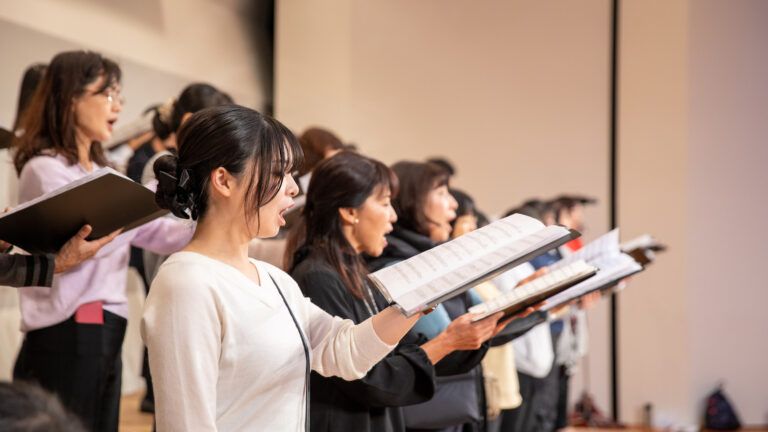I say often to my family, “routine is your friend.” Habits and rituals can grease the wheels of daily life, so to speak, and that’s true also of prayer. Familiar forms and phrases can be a useful tool in expressing ourselves.
But some rituals that were once rich with meaning can become empty over time. Some prayers can become mere clichés. That’s why, every once in a while, I find it helpful to replace a cliché with a new way to pray (and no, it doesn’t have to rhyme). Here are just three examples:
1) Bless This Food
Some of us have said grace at meals in the same way for a long time, whether we say “Bless this food” or “Bless us, O Lord, and these thy gifts,” etc. It’s a lovely thing to give thanks before we eat (and, some might argue, even more of a grace to give thanks again after the meal, when our bellies are full!). But I realized some time ago that I’m not all that sure why I ask God to “bless” my meal. Didn’t He already bless it with rain, sun and harvesting hands or machinery? If it’s healthy food, He will “bless it to our bodies,” right? And if it’s not healthy, am I asking Him to bless something that I know isn’t good for me? (Or to overcome someone’s poor cooking skills on my behalf?) There may be something in those requests, but lately I’ve found it more to-the-point to simply say “thank you” for the food I eat, sometimes even adding a short prayer for those who are hungry.
2) Traveling Mercies
I mentioned in my blog on prayers for safe travels that among the most frequent prayers I heard my parents and others pray as I was growing up was a prayer for “traveling mercies.”I always knew that it was basically shorthand for a safe trip and timely arrival. So most of the time now, instead of taking the shortcut, I’ll ask for those things, along with a prayer for my luggage, seat mates and those who facilitate my travel and await my arrival. Sure, it takes a bit longer to pray that way—and I still sometimes resort to the cliché—but I sometimes need the reminder of what the cliché means.
3) In Jesus’ Name
I suppose I’ve prayed “in Jesus’ name” thousands of times. Tens of thousands, probably. And I’ve usually said it without attention to its meaning. Praying “in the name of Jesus,” which Jesus Himself told His followers to do (see John 14:13-14), means to pray in the awareness of and alignment with the agenda of Jesus Himself. It means to pray for His will, not our own. It means to ask on the basis of His authority and standing with the Father. So sometimes, before I conclude my prayer, I’ll stop and search my petitions and requests as well as my heart to make sure I can ask “in the awareness of and alignment with the agenda of Jesus, my Lord, and not my own.”
What about you? Are there any words or phrases that have lapsed into cliché in your prayers?




